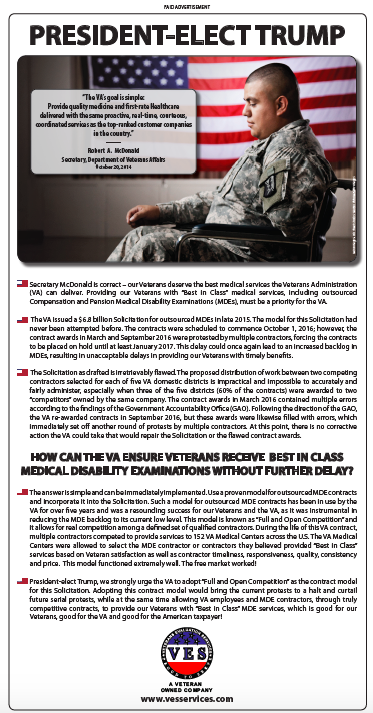Regardless of what happens to health reform on the national level, the healthcare industry is relentlessly and rapidly adopting technology that will revolutionize patient care. Big players are seeking out new tech devices, platforms, and applications, buying start-ups and rapidly pushing their products and services into their distribution pipeline.
One example is Zimmer’s recent acquisition of RespondWell, a start-up delivering comprehensive at-home telerehab intended to improve patient compliance with PT and deliver better outcomes. I recently interviewed RespondWell CEO Ted Spooner. Spooner has a long history in developing tech that delivers services faster/better/cheaper with far less human intervention. He and his team have taken that experience and used it to build a home-based rehab solution.
The quick backstory – Medicare and other payers are bundling payments for surgical procedures, forcing providers to assume responsibility for any procedure-related care for 90 days post-surgery. In this model, a health care system might get $37,000 to do a total knee replacement; out of that fee, around $5,000 would go to physical therapy.
But there’s a problem – in some places, there’s more demand for PT than there is supply of PTs. As a result, some patients are on a waiting list – and as a result of that, surgeons, operating rooms, and related staff are not working to full efficiency.
There’s another issue here, one that gets at an uncomfortable reality – many services can be delivered in ways that don’t require nearly as much human intervention.
Telerehab provider RespondWell has come up with a solution, one that uses existing technology, platforms, and communications to “create accessibility and convenience for therapy to patients and give providers visibility to patients to adherence to therapy. Kaiser is one of the early adopters of the Therapy@Home solution. To date almost all customers are healthcare providers, but Spooner expects payers to be in the mix quickly.
Briefly, Therapy@Home is set up for each patient recovering from surgery; the provider prescribes a therapy plan which is “loaded” into the App. The patient sees a web-based on-screen virtual therapist that helps them perform exercises correctly, while allowing the care team to monitor patient performance and compliance via the internet-connected device’s web camera.
Sessions and communications are recorded and stored for provider access if and when needed.
Here’s one key takeaway; about 60% of in-person PT visits can be eliminated using Therapy@Home.
Considering most total knee patients are older folks, I challenged Spooner on adoption and usage by senior citizens. He noted that the over 55 population is adopting technology very quickly, driven by easy-to-use smartphones and apps that allow them to connect easily with friends and family.
While RespondWell is focusing on bundled payment-driven care today, this technology/service model (I’m not sure exactly how to describe it) is absolutely transferrable to other types of care – both within PT and in other service areas.
What does this mean for you?
Be a disruptor. Or be disrupted.

